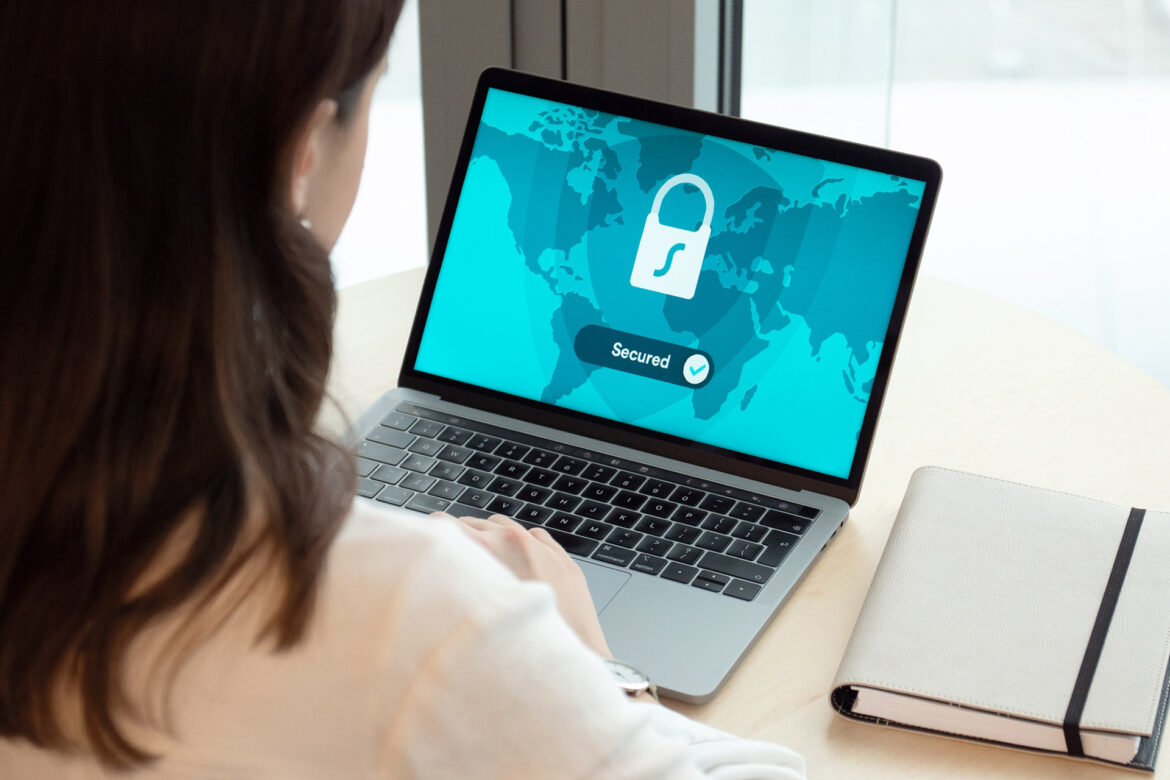Many small businesses are struggling with taking the first steps to improve their cyber health.
Australian SMEs know cybersecurity is important, regardless of how they rate their understanding of it. However, they face significant barriers when attempting to implement good cybersecurity practices, with 62% of SMEs, revealing they have experienced a cybersecurity incident (ACSC).
Mallika Sathi, Vice President, Cyber Security & Intelligence Solutions & Digital Identity at Mastercard APAC, has shared her top tips for small businesses to improve their cyber health.
Small businesses can also access the Global Cyber Alliance toolkit, which is a free and effective tool business can use today to take immediate action to reduce risk.
Additionally, earlier this year, Mastercard launched the Getting Back to Small Business campaign that gives business peace of mind that as they navigate and adapt to the new normal, their businesses and their consumers are safe and secure.
The Getting Back to Small Business program offers support to businesses ranging from setting up their online retail front and ensuring their cyber health is in check, to securing payments for consumers and enhancing checkout security, and everything in between.
Cyber Health top tips from Mallika:
- Use strong passwords: Use strong, unique passwords for each online account and update them regularly – don’t store passwords on your computer.
- Knowledge is power: Know who you are dealing with online. Check that you are dealing with a trusted, reliable business or supplier by confirming their company details and researching online feedback and complaints.
- Multi-factor authentication: Small businesses should implement MFA wherever possible. The multiple layers make it much harder for criminals to attack your business. When paying anyone externally, this will ensure the transactions are secure.
- Scam awareness: Even large or small businesses can be victims of scams. Protect yourself and your business by being aware of the common scams targeting small businesses. Fraudsters are using very sophisticated phishing emails to steal data or download malware to your computer.
- Security Tools: Install security software for your business to minimise fraud and reduce chargebacks costs & customer disputes. Protect against the ever-changing cyber threats and remember to back-up your computer and mobile devices regularly.
- Educate yourself: Being prepared for a data breach is a must for businesses of all sizes. Small businesses need to have a data breach response checklist in place to ensure they understand the steps to take.
For more information see our handy guide on Internet Security and protecting from cyber threat.
